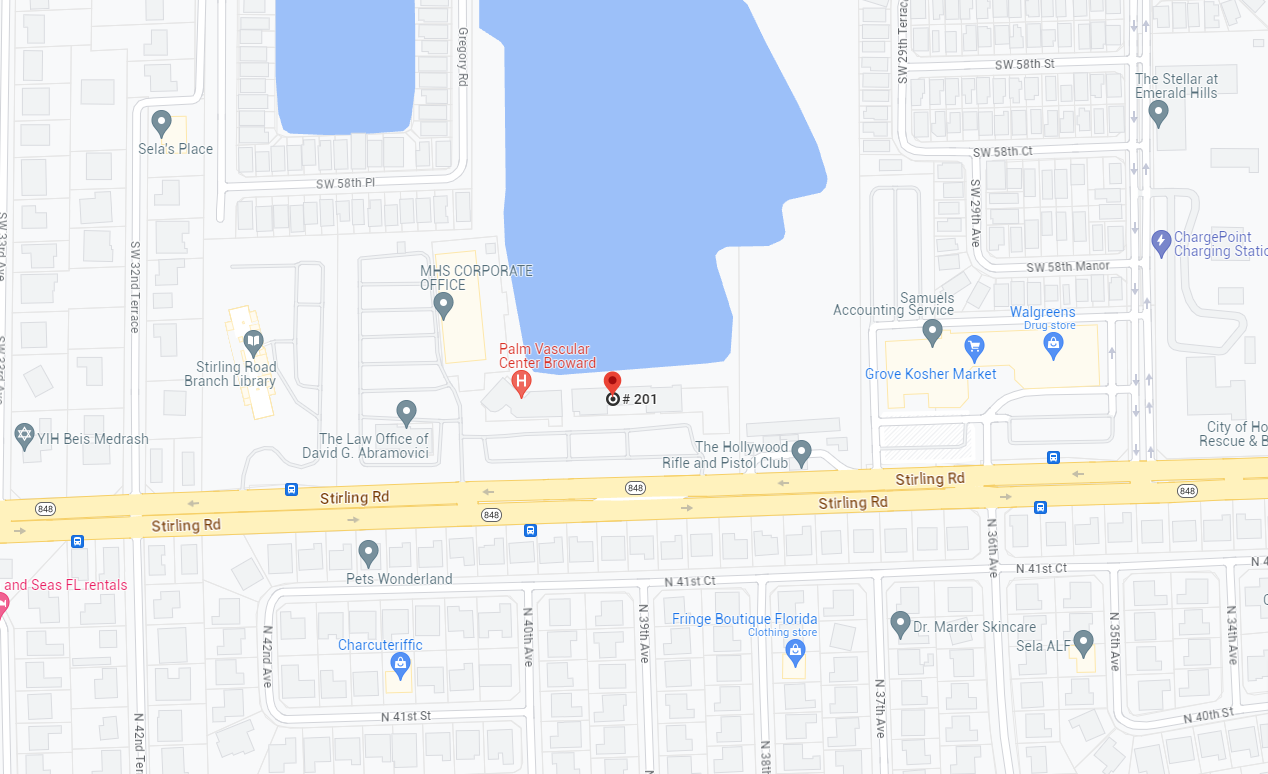Third District Clarifies Rights of Condominium Association at Conclusion of Bank Foreclosure
By: E. Scott Golden
A recent case in the Florida Third District Court of Appeal clarifies the rights and procedures of a condominium association at the conclusion of a residential foreclosure. In that case, Ocean Bank v. Caribbean Towers Condo Ass’n, Inc., 38 Fla. L. Weekly D1726 (Fla. 3d DCA 2013), the Bank was foreclosing on a residential condominium and added the condominium association as a Defendant. When the residential foreclosure was completed, the Association invoked the forum of the foreclosure court to seek past-due condominium assessments. The Association sought to obtain payment from the Bank all of the past-due assessments, which totaled an amount far greater than the amount to which the Association was entitled under the Statute that governs the Association’s rights. The Association may have had the right to sue the foreclosed owner for the full amount of the unpaid assessments, but it did not have the right to sue the Bank for the full amount. The trial court ruled for the Bank, and the Bank then filed a motion for attorney’s fees. The Association argued that the foreclosure court was not a proper forum to hear the issue of attorney’s fees. The trial court denied the motion for attorney’s fees on the basis that a claim for attorney’s fees was not contained in the original foreclosure pleadings. The Court of Appeal reversed the trial court on that issue. The Appellate Court stated that, although the foreclosure pleadings did not request attorney’s fees regarding litigation over condominium assessments, the Association waived any right to contest the Bank’s right to seek attorney’s fees when the Association accepted, and did not appeal, the trial court’s jurisdiction over the issue of the past-due assessments.
The Court of Appeal narrowly ruled that, when the issue of condominium assessments is contested in the foreclosure court, the issue of attorney’s fees to the prevailing party may also be determined by the same court. More broadly, this case raises implications that a court always has the right to consider attorney’s fees regarding all of the substantive matters raised and heard in that court.
If you need to consult with a Broward County real estate attorney regarding any aspect of real estate or real estate litigation, then please contact our firm at (954) 764-6766 to schedule an appointment.
Recent Changes to Residential Landlord-Tenant Statutes
By: E. Scott Golden
A number of changes to the residential landlord-tenant law recently became effective. Among the principal changes are the following:
1. The security deposit law is tightened up. If a landlord does not notify the tenant of the intent to impose a claim within 30 days of the tenant’s move, the landlord must provide a full refund. This is the same as prior law, but clarifies it.
2. The leases for all landlords with at least five rental units must contain specific statutory language about security deposit protection procedures. Because this language is new, current lease forms do not contain this language! Without the language, a landlord’s claim on a tenant’s security deposit may be viewed as invalid or may limit the landlord’s claim on the security deposit. All leases entered into as of January 1, 2014, must contain the new deposit language.
3. A landlord can now evict after a seven-day notice for any purpose. The law used to require further notice in some circumstances. Not now. Evictions can proceed more quickly.
4. Landlords can now accept partial rental payments in the same month that they file an eviction. However, the partial payment must be placed in the court registry or a new 3-day notice must be served. Until now, some courts would not let landlords evict at any time in a month after receipt of payment of partial rent, even if the payment may have constituted past-due rent from a prior month, rather than rent for the current month.
5. If a lease requires tenants to provide up to 60 days’ notice to vacate (or, presumably, for automatic renewal), the landlord must provide the same amount of notice of non-renewal.
These are just a few of the changes. If you need to consult with a Broward County real estate attorney regarding a landlord-tenant matter, then please contact our firm at (954) 764-6766 to schedule an appointment.






